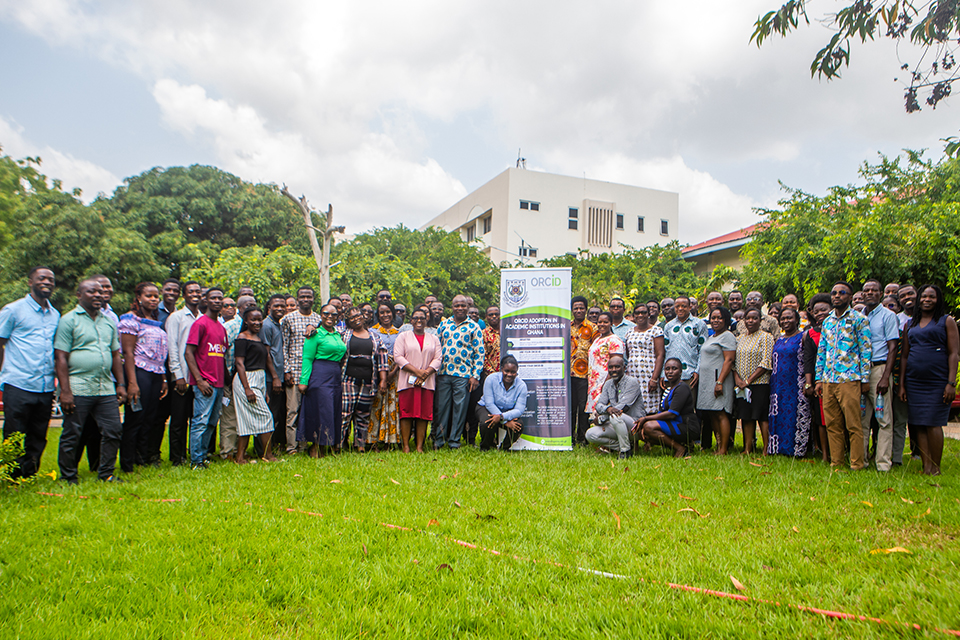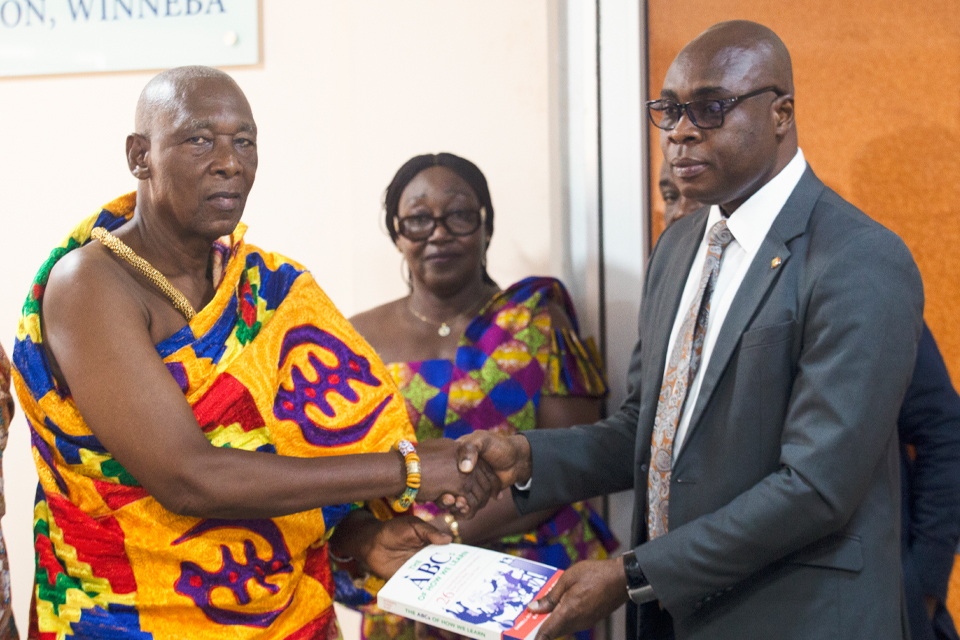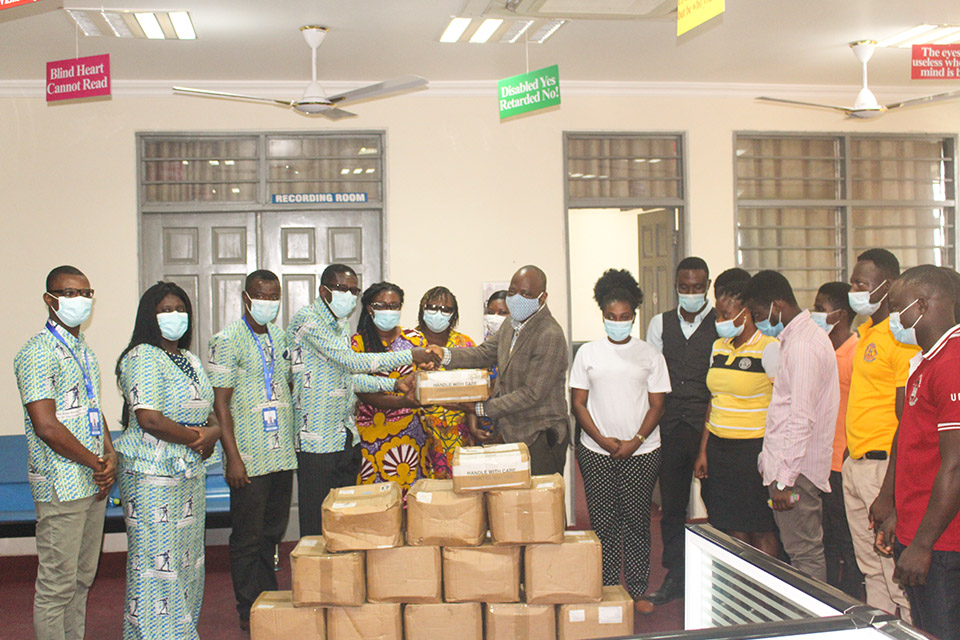UEW Hosts ORCID Training Workshop to Boost Academic Visibility and Collaboration
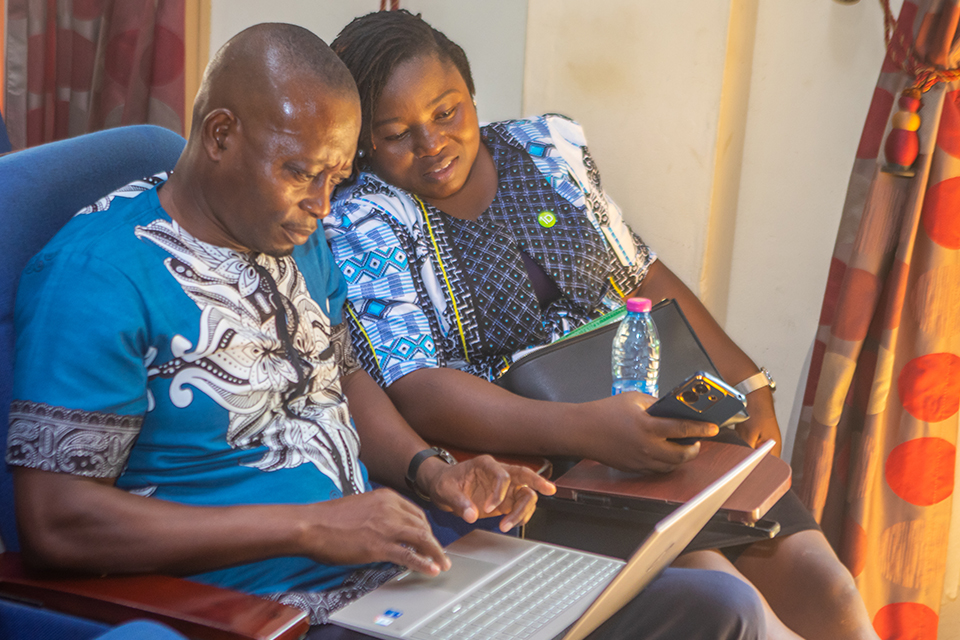
The University of Education, Winneba (UEW), in collaboration with the Regional Maritime University (RMU), has organised an Open Researcher and Contributor Identifier (ORCID) training workshop for selected faculty members.
The training, held at the North Campus Mini-Conference Room on Tuesday, 10th December, 2024, aimed to enhance research visibility, improve publication discoverability, and foster collaboration within the global academic community.
The workshop, designed to provide hands-on training, introduced participants to the basics of the ORCID, guiding them through the setup and optimisation of their profiles. Practical sessions included linking ORCID profiles to research publications, integrating the platform into academic workflows, and leveraging its tools to track research outputs. The sole facilitator provided valuable insights into integrating the ORCID into academic practices. She demonstrated the platform's features, such as its ability to generate a unique identifier for researchers, thereby avoiding name confusion and ensuring proper attribution of scholarly work.
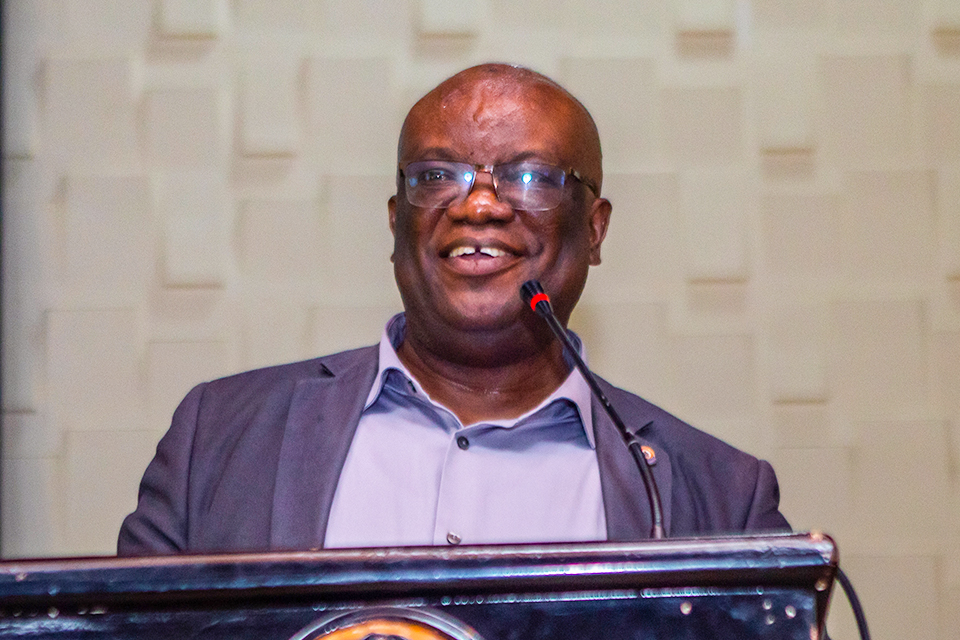
Prof. Victor Antwi, Pro-Vice-Chancellor of UEW, underscored the transformative potential of the ORCID in amplifying Ghanaian research visibility on the global stage. He indicated that ORCID is a “game changer” for academics. "ORCID ensures your contributions stand out, even in a crowded world of similar names, multiple affiliations, and evolving projects," he explained. Prof. Antwi likened ORCID to a "research fingerprint" that permanently links researchers to their work, ensuring discoverability across global networks.
The Pro-Vice-Chancellor of UEW outlined the benefits of ORCID for researchers, institutions, and collaborations. He reflected on the broader implications of ORCID for Ghana's academic and research ecosystem. He stressed the importance of showcasing the talent within Ghana's institutions and ensuring that the world recognises the work being done locally.
Prof. Antwi urged participants to ask thought-provoking questions and think critically about how the ORCID could be integrated into their academic practices. "This is not just a technological upgrade. It is a shift in how we position ourselves as knowledge creators," he emphasised. He encouraged participants to take what they learned back to their faculties and champion the adoption of ORCID not only for personal benefit but also for the advancement of Ghana's academic community.
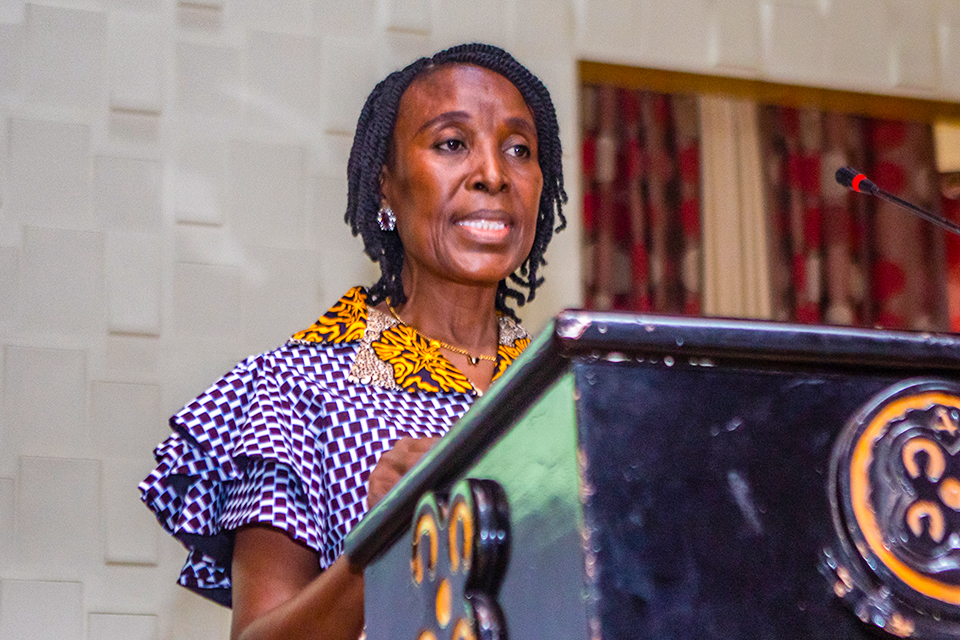
Ms. Agatha Gifty Larson, Acting Librarian at UEW, highlighted the importance of the ORCID as a critical tool in today’s digital academic environment, emphasising its role in managing scholarly contributions effectively. "ORCID provides a unique and reliable way to manage and showcase your scholarly contributions, ensuring that your work is easily accessible, identifiable, and properly credited," she said. She underscored how the platform promotes transparency and fosters collaboration across disciplines.
The UEW Librarian emphasised how adopting the ORCID could enhance UEW’s reputation. "By leveraging ORCID, we can position UEW as a leader in research and education, promoting our contributions to the academic community," she asserted.
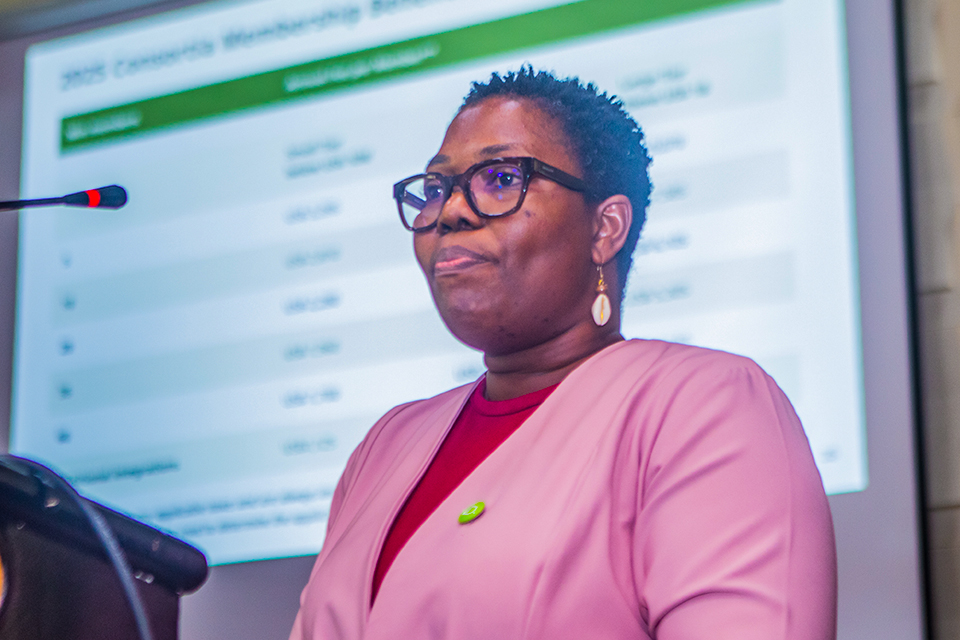
Dr. Amy P. A. Asimah, Librarian at RMU and the sole facilitator of the training workshop made a compelling presentation on the importance of adopting the ORCID in academic institutions in Ghana. The presentation covered how ORCID enhances the discoverability and visibility of research output and how it can improve research integrity, recognition, and administrative workflows. The presentation also touched on the benefits of ORCID integration into institutional systems and how to manage their ORCID records.
Dr. Amy Asimah demonstrated how researchers could create an ORCID record, populate it with relevant information, and ensure its visibility to facilitate discovery by other researchers, institutions, and publishers. Additionally, she discussed how researchers could share their ORCID IDs through their CVs, email signatures, and QR codes, making it easier to access and update their records.
The RMU Librarian encouraged participants to embrace the ORCID adoption and to consider the long-term benefits for themselves, their institutions, and the global research community. She urged the management of UEW to consider joining the ORCID consortium, making the integration process easier and more effective for all researchers within Ghana.
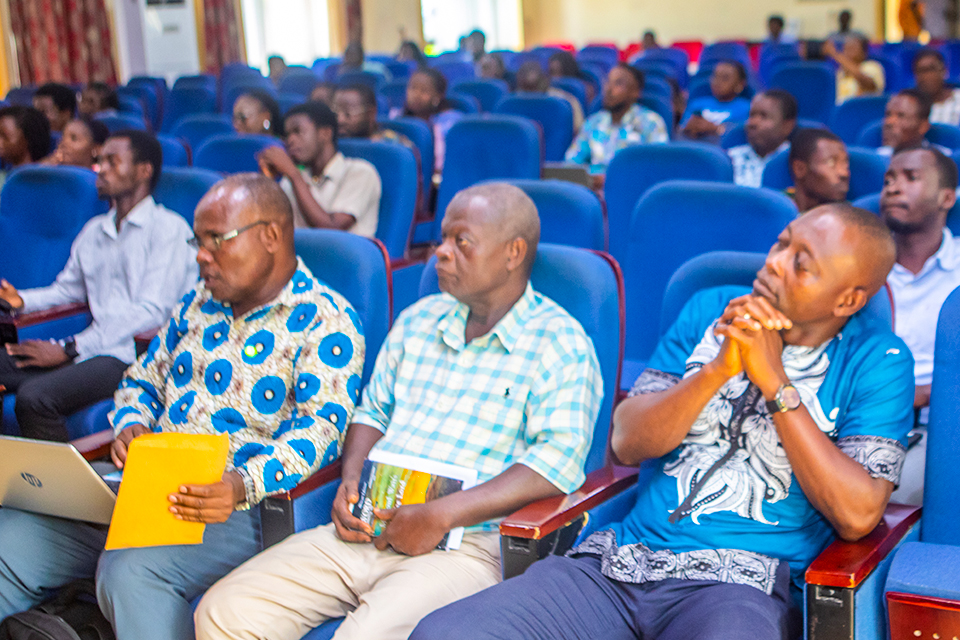
Several attendees expressed their enthusiasm for the training, noting that it was timely and would significantly impact their academic careers.
The ORCID training workshop concluded on a high note, with participants equipped with new skills to enhance their research profiles and visibility. As faculty members of UEW embrace the ORCID, the institution is poised to strengthen its role as a hub for impactful research and collaboration, reinforcing its reputation as a leader in education and innovation.
